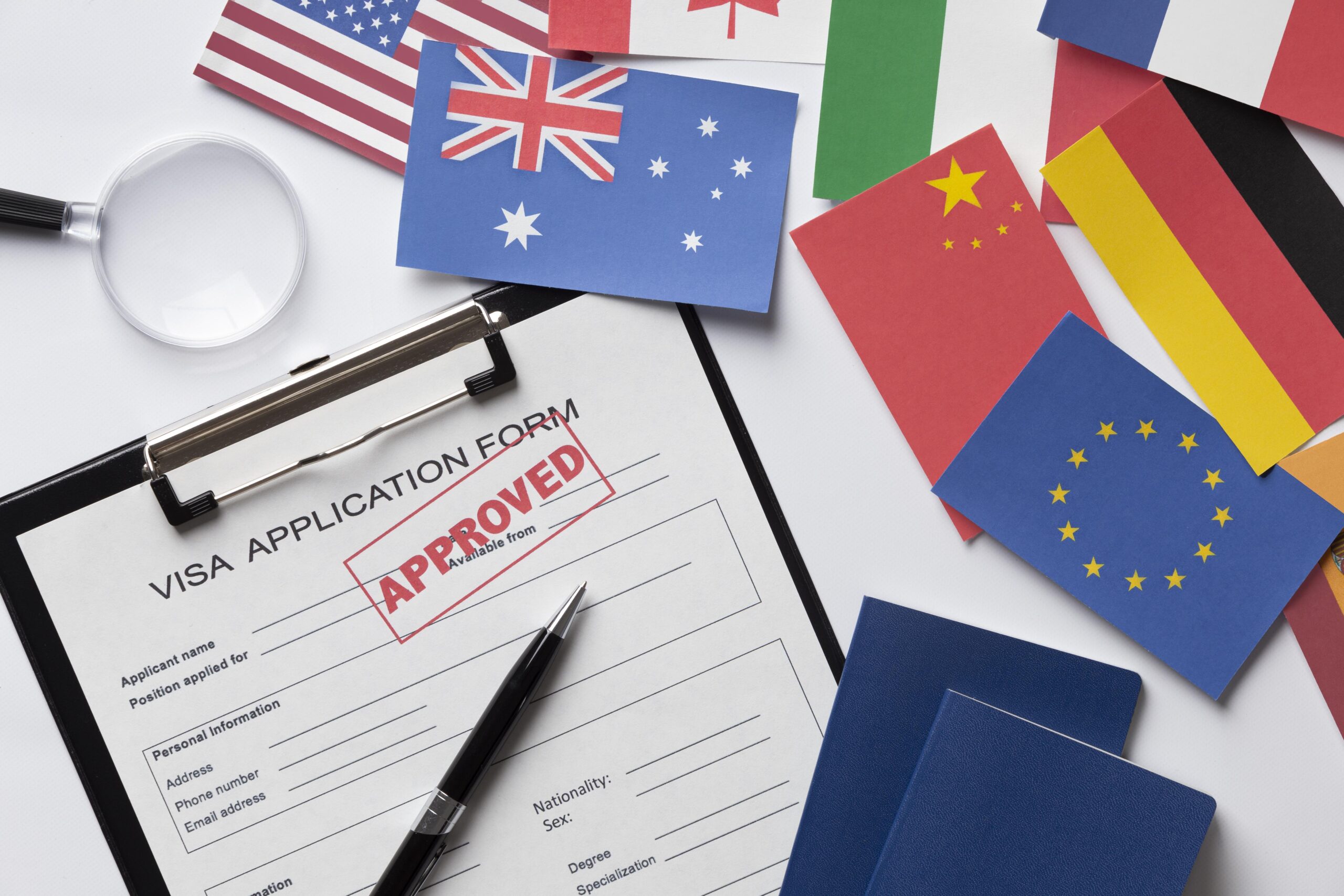Recently, the European Council and Parliament gave the green light to the proposal to digitise the visa process for Schengen countries, with the aim of improving the efficiency of the visa application process and enhancing security. At Boom Studies we keep you up to date; read on to find out all the details.
Table of contents
ToggleWhat is the Schengen area?
The Schengen Area is a geographical area in Europe where countries have agreed to eliminate border controls at their common borders. This means that people can travel between these countries without having to go through passport controls at internal borders.
One of the main objectives is to facilitate the free movement of people within this area, which simplifies travel and promotes cooperation between the participating countries. This agreement is made up of 27 states, of which 23 are from the European Union, including Malta, Germany, Spain, among others, and 4 additional countries such as Norway and Switzerland.
What is the Schengen visa?
The Schengen visa is an authorisation granted by a State, belonging to the Schengen area, which allows the applicant to enter the territory and stay for periods not exceeding 90 days, with the short-stay visa or to transit freely through the airports of the Schengen States with the airport transit visa. If you want to explore in depth, check out the official information here.
Currently, citizens of most Latin American countries do not need to apply for this visa; they can travel to the Schengen area only with their valid passport. However, if you are a citizen of Ecuador, Bolivia, Dominican Republic or Cuba, you will need to apply for it from your country of residence in order to be able to travel freely in the countries of the area for a maximum of 90 days.
Remember that the Schengen visa is processed for the main destination of your trip (where you are going to stay the longest). In the case of Malta, it is important to know that as Malta does not have embassies or consulates in Latin America, you will have to go to the Maltese embassy in your country. For example, in Ecuador it is the Spanish embassy in Quito and in Colombia it is the Italian embassy in Bogota. If you have any doubts about this, at Boom Studies you can receive support from our team of experts at your destination to make your stay an unforgettable academic and personal experience.
On the digitalisation of the Schengen visa
Thanks to technological advances, new security measures and opportunities are being introduced to improve the efficiency and fluidity of migration processes, both for visa applicants and national authorities. For this reason, on 27 April 2022, the European Commission presented a legislative proposal aimed at digitising the visa procedure, which was recently adopted.
The digitisation is intended to facilitate the application process for foreigners, simplify the administrative procedure and increase the security of the Schengen area, for example by reducing the risk of forgery or theft of the visa sticker.
Actions to be taken to digitise the Schengen visa process
In order to start the process of digitisation of the Schengen visa, the following actions will be taken:
- An EU visa application platform will be created through which all Schengen visa applications can be submitted. The interface will allow users to enter all information necessary for the process, such as electronic copies of their travel documents, supporting documents and proof of payment of visa fees, among others.
- Only persons applying for a visa for the first time, those who do not have valid biometric data or whose travel document is new, will be required to go in person to a consulate to carry out the procedure, for the rest of the cases it will be done in a virtual 100% form.
- The current visa sticker will be replaced by an electronically signed barcode.
Once everything is ready, it will be published in the Official Journal of the European Union to enter into force 20 days later. It should be noted that the date on which digitisation will officially enter into force has not yet been defined.
Do you want to study in Malta?
If you want to study an academic programme in MaltaWhether it is language or higher education, Boom Studies is here to guide you. We are a legally constituted agency on the island and we have the support of different local entities so that you receive a complete accompaniment, before, during and after your stay in Malta.
One of the great advantages of doing an academic programme abroad is being able to travel to new countries and meet new cultures and people on a global level. We are sure that this will be a unique opportunity to learn in and out of the classroom and create unforgettable memories while building a successful career.







